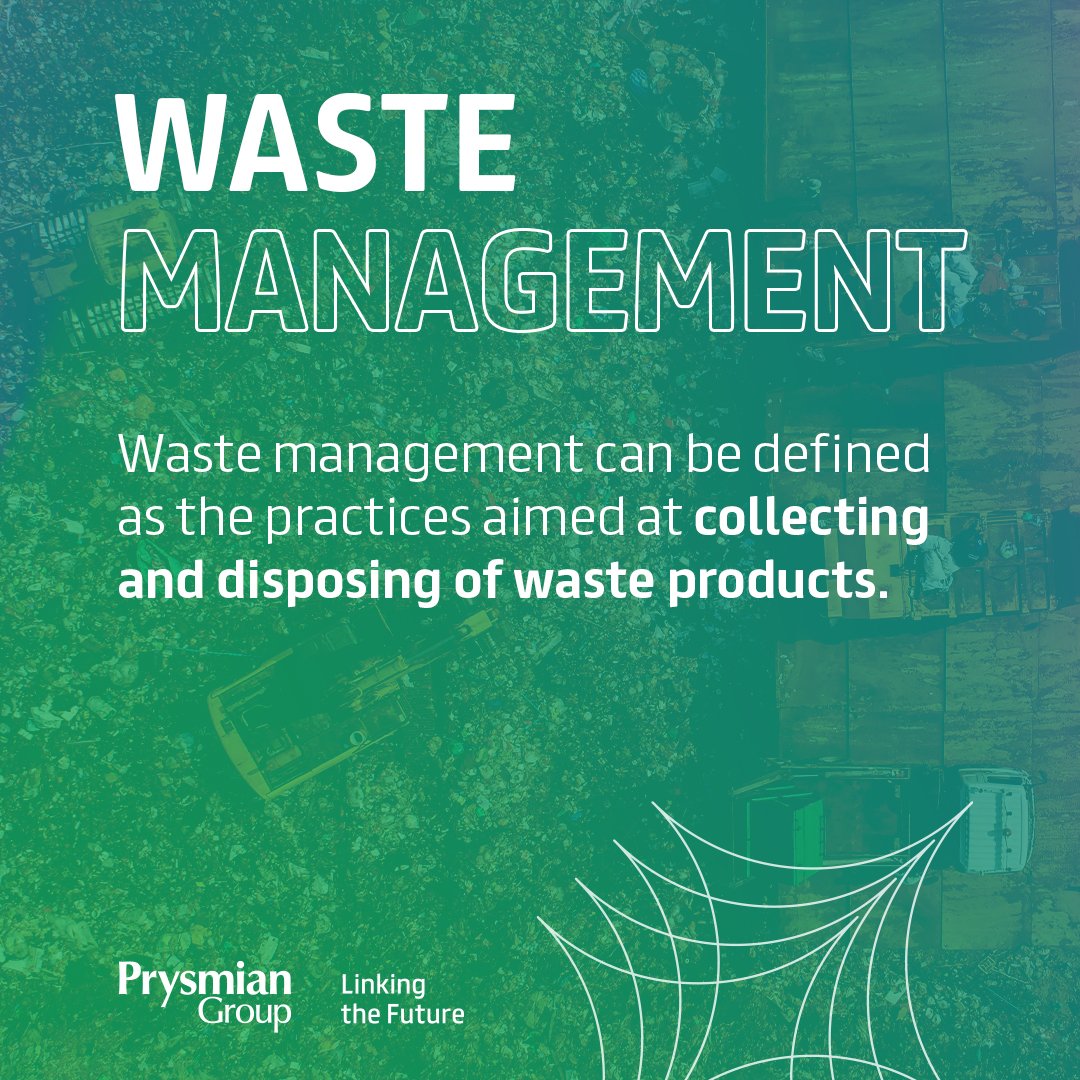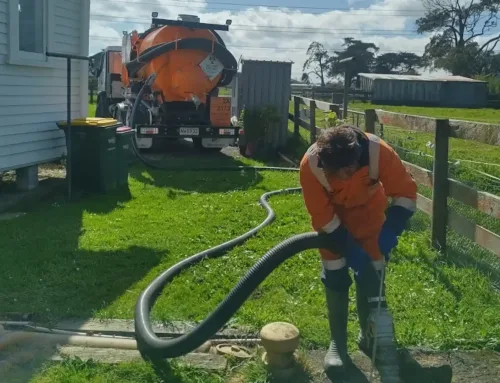The 6-Second Trick For Reclaim Waste
The 6-Second Trick For Reclaim Waste
Blog Article
Reclaim Waste Can Be Fun For Everyone
Table of ContentsThe Ultimate Guide To Reclaim WasteUnknown Facts About Reclaim WasteRumored Buzz on Reclaim WasteSome Known Details About Reclaim Waste What Does Reclaim Waste Mean?
Explore the types, events, and kinds of liquid waste. Residential sewer waste describes the waste and products from a household septic storage tank. This sort of waste is created by human beings in houses, colleges, and other buildings. This only consists of septic storage tanks that have a drainpipe field. The correct monitoring and disposal of domestic sewer waste require fluid waste to be transferred to a sewer therapy plant where the proper approaches and equipment are put on purify and throw away waste.
Industrial waste frequently consists of possible risks, such as flammable products or a mixture of liquid and strong waste items, and requires a much more innovative and in-depth disposal procedure. The disposal of commercial waste commonly involves the purification of waste prior to transport to ensure risk-free and appropriate disposal. Hazardous waste is created from byproducts and overflow of commercial procedures and manufacturing.
This type of waste can not utilize the very same sewer management transportation or processes as septic or industrial liquids. The industrial waste administration procedure calls for the inspection and testing of liquid waste before it goes through the disposal process (liquid waste removal melbourne). Overflow waste is the fluid waste that originates from overflow and excess stormwater in extremely populated areas or cities
Runoff waste can cause contamination and flooding if not dealt with appropriately. Discover a lot more regarding drain cleaning and waste administration. Guaranteeing appropriate waste administration can avoid disasters and decrease environmental injury. Both people in property settings and professionals in business or manufacturing markets can take advantage of understanding the procedures and guidelines of liquid waste administration.
Reclaim Waste Things To Know Before You Get This
Call PROS Solutions today to find out regarding our waste monitoring and disposal services and the correct ways to look after the liquid waste you generate.
(https://www.openlearning.com/u/leonaube-smse1x/about/)Do you know what takes place to your water when you end, flush the commode or drain pipes the washing maker? No? Well, it's worth recognizing. This so-called 'wastewater' is not only a vital resource yet, after therapy, will certainly be released to our land, waterways or the sea. Used water from toilets, showers, baths, kitchen sinks, washings and industrial procedures is referred to as wastewater.

water utilized to cool equipment or tidy plant and equipment). Stormwater, a type of wastewater, is drainage that streams from agricultural and city areas such as roofing systems, parks, gardens, roads, courses and rain gutters into stormwater drains, after rain. Stormwater moves unattended directly to local creeks or rivers, eventually reaching the sea.
Everything about Reclaim Waste
In Queensland, the majority of wastewater is treated at sewer treatment plants. Wastewater is transferred from residential or commercial websites with a system of sewers and pump terminals, called sewage reticulation, to a sewage treatment plant. Local federal governments build, maintain and operate most sewer therapy plants. Operators are licensed under the Environmental Management Act 1994 to discharge treated wastewater at an acceptable environmental standard right into rivers.
The Department of Natural Resources recommends local governments about managing, operating and keeping sewage systems and treatment plants. In unsewered areas, city governments may require householders to mount private or family sewage therapy systems to deal with domestic wastewater from toilets, cooking areas, bathrooms and washings. The Department of Natural Resources authorizes the usage of home systems when they are shown to be effective.
In some brand-new neighborhoods, therapy of some stormwater to eliminate clutter, sand and gravel has actually started using gross toxin traps. Wastewater therapy occurs in 4 phases: Eliminates strong matter.
Wastewater after that flows into huge tanks where solids clear up and are removed as sludge. Grease and residue are skimmed from the surface area. Makes use of little living microorganisms referred to as micro-organisms to damage down and remove continuing to be liquified wastes and great bits. Micro-organisms and wastes are included in the sludge. Gets rid of nitrogen and phosphorus nutrients that could create algal blooms in our rivers and endanger water life.
The Reclaim Waste Ideas
Nutrient removal is not readily available at all sewer therapy plants since it needs expensive specialised tools. Clear fluid effluent created after treatment might still have disease-causing micro-organisms - industrial wastewater treatment.

Most wastewater moves into the sewage system. Under the Act, local federal governments site link provide authorizations and licences for environmentally pertinent activities (Periods) including wastewater launches that may have a neighborhood effect.
What Does Reclaim Waste Mean?
Or else, examples are considered laboratory evaluation. Often numerous tests are required to develop the degrees of each of the different contaminants such as oils, hefty steels and chemicals in water. Surveillance provides factual info regarding water high quality and can validate that permit problems are being fulfilled. The details gotten through monitoring offers the basis for making water quality decisions.
Report this page